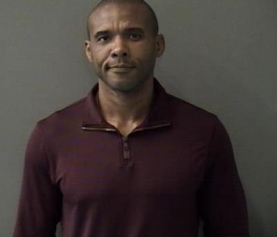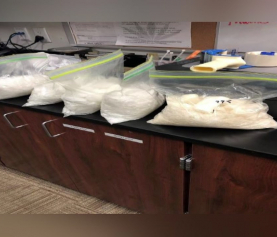What Happens in Criminal Court?
Specific criminal court procedures vary by jurisdiction. Each state and the federal government sets its own rules. However, the general outline of what happens in criminal court is similar across jurisdictions.
Arraignment
Often, your first criminal court appearance will be your arraignment. This is where the judge reads the charges against you, and you enter a plea. Your lawyer or public defender may be with you, or you may have the chance to petition for a public defender.
The judge might also ask the prosecutor for more information to be sure your arrest was legal. If the prosecutor cannot prove probable cause for your arrest, you may be released.
If bail was not set when you were arrested, it may be set at your arraignment. This is also your chance to ask for a lower bail if you were not able to afford the bail set at the time of your arrest.
The Trial Process
If you do not reach a plea agreement with the prosecution, the next step is a trial. Most jurisdictions offer similar rights for defendants going to trial:
- A speedy trial, unless you waive that right
- Trial by jury if you face potential prison time of six months or more
- A bench trial (by a judge), if you prefer
The first step is jury selection, if you chose a jury trial. The judge and attorneys interview potential jurors and choose the appropriate number to sit on your jury.
When the trial begins, the prosecution presents its case. It may call witnesses and present evidence such as letters or deeds (documentary evidence), photos of the crime scene, or the weapon used (demonstrative evidence). The defense may cross-examine prosecution witnesses as well as present its own witnesses and evidence. Afterward, each side summarizes its arguments in closing statements.
In a jury trial, the judge then gives the jury instructions, a process called “charging the jury.”
The Verdict
Jury deliberation happens outside the courtroom, but once the jury reaches a verdict, everyone returns to the court to hear it. The jury may find a defendant guilty or not guilty of all the charges, or guilty of only some charges. Depending on the judge’s orders, it may also find a defendant guilty of a lesser crime, rather than the one charged.
Sentencing
Once the court considers you guilty, either by your own plea or after a trial, you will have a sentencing hearing. What happens here depends on the sentencing guidelines in your jurisdiction and whether the judge is required to follow them. Often mitigating factors or compounding factors, such as prior convictions for the same type of crime, play a role in your sentence. Learn more aboutcriminal defense frequently asked questions at Attorneys.com.
Remember, this is just a general idea of what happens in criminal court. Since every case is unique and procedures differ by jurisdiction, if you are facing a criminal charges, it is a wise idea to talk with an experienced criminal defense attorney.




